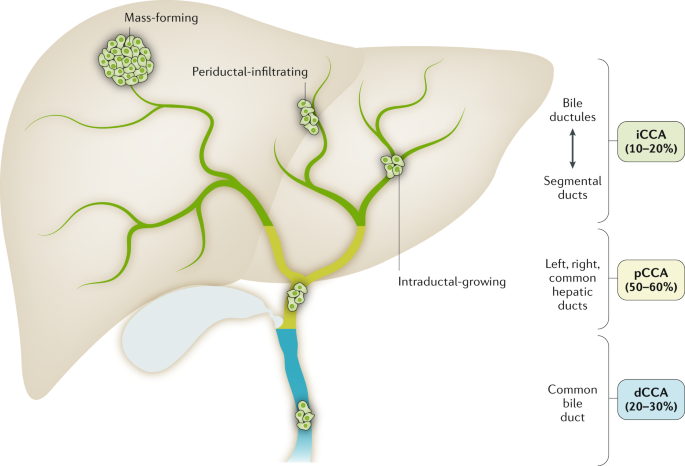PPIH as a Novel Diagnostic Biomarker in Cholangiocarcinoma

Cholangiocarcinoma is a highly aggressive malignancy of the bile ducts with increasing incidence worldwide. Due to its asymptomatic nature in the early stages, it is often diagnosed at an advanced stage, leading to a poor prognosis. Fewer than 20% of patients are eligible for surgical resection, which remains the only potentially curative treatment. Even among those who undergo surgery, the five-year survival rate is low. Patients with locally advanced or metastatic disease have an even worse prognosis, with survival rates as low as 5–10%.
Current diagnostic methods rely on imaging and serum biomarkers such as CA19-9, but these have limitations in sensitivity and specificity. There is an urgent need for novel biomarkers that can improve early diagnosis and help identify high-risk patients. Peptidyl Proline Isomerase H (PPIH) has been implicated in several cancers, but its role in cholangiocarcinoma has not been studied. This research explores the potential of PPIH as a diagnostic and prognostic biomarker in cholangiocarcinoma.
The Study's Methodology
Researchers analyzed gene expression data from The Cancer Genome Atlas and Gene Expression Omnibus databases to assess the levels of PPIH in cholangiocarcinoma tissues compared to normal tissues. Immunohistochemical staining was performed on tissue samples to confirm protein expression levels. The correlation between PPIH expression and TP53 mutations was also examined.
To evaluate the potential function of PPIH, gene set enrichment analysis was used to identify biological pathways associated with its expression. The relationship between PPIH levels and tumor-infiltrating immune cells was assessed using the CIBERSORT method, which estimates immune cell proportions in tumor tissues.
Key Findings on PPIH Expression and Prognosis
The study found that PPIH is significantly overexpressed in cholangiocarcinoma tissues compared to normal tissues. Increased PPIH expression was associated with worse prognosis, suggesting its potential as a prognostic marker. Immunohistochemical staining confirmed high levels of PPIH protein in tumor samples, further supporting its role in cholangiocarcinoma progression.
There was also a positive correlation between PPIH expression and TP53 mutations, a genetic alteration known to drive cancer aggressiveness. These findings suggest that PPIH may be involved in tumor progression by interacting with TP53-related pathways.
The Role of PPIH in Tumor Progression and Immune Infiltration
Gene set enrichment analysis identified several key pathways associated with PPIH expression, including those related to DNA repair, spliceosome activity, and immune system regulation. These pathways suggest that PPIH may contribute to tumor growth by influencing genetic stability and cellular processes that support malignancy.
The study also found significant differences in immune cell infiltration between tumors with high and low PPIH expression. High PPIH levels were associated with lower infiltration of naive B cells and M2 macrophages, which are typically linked to anti-tumor immune responses. Conversely, tumors with high PPIH expression had increased levels of follicular helper T cells, resting NK cells, and M0 macrophages, which may contribute to an immunosuppressive tumor environment.
Further analysis showed that PPIH expression was negatively correlated with several key immune cell populations, including monocytes, Type 1 T helper cells, activated B cells, and natural killer cells. This suggests that PPIH may play a role in immune evasion, allowing tumor cells to grow unchecked by suppressing the body’s natural immune defenses.
Comparing PPIH to Other Biomarkers
The diagnostic potential of PPIH was compared to several previously studied biomarkers, including PTPRS, UBE2C, CEACAM5, and THBS2. Receiver operating characteristic curve analysis showed that PPIH had superior diagnostic accuracy, with an area under the curve exceeding that of the other biomarkers in two independent datasets. This indicates that PPIH may be a more reliable marker for cholangiocarcinoma diagnosis than currently available options.
These findings suggest that PPIH could serve as a valuable biomarker for cholangiocarcinoma diagnosis and prognosis. Its high expression in tumor tissues and strong association with poor survival outcomes make it a potential target for future therapeutic strategies.
To learn more, read this!: PPIH is a novel diagnostic biomarker associated with immune infiltration in cholangiocarcinoma | BMC Cancer | Full Text

